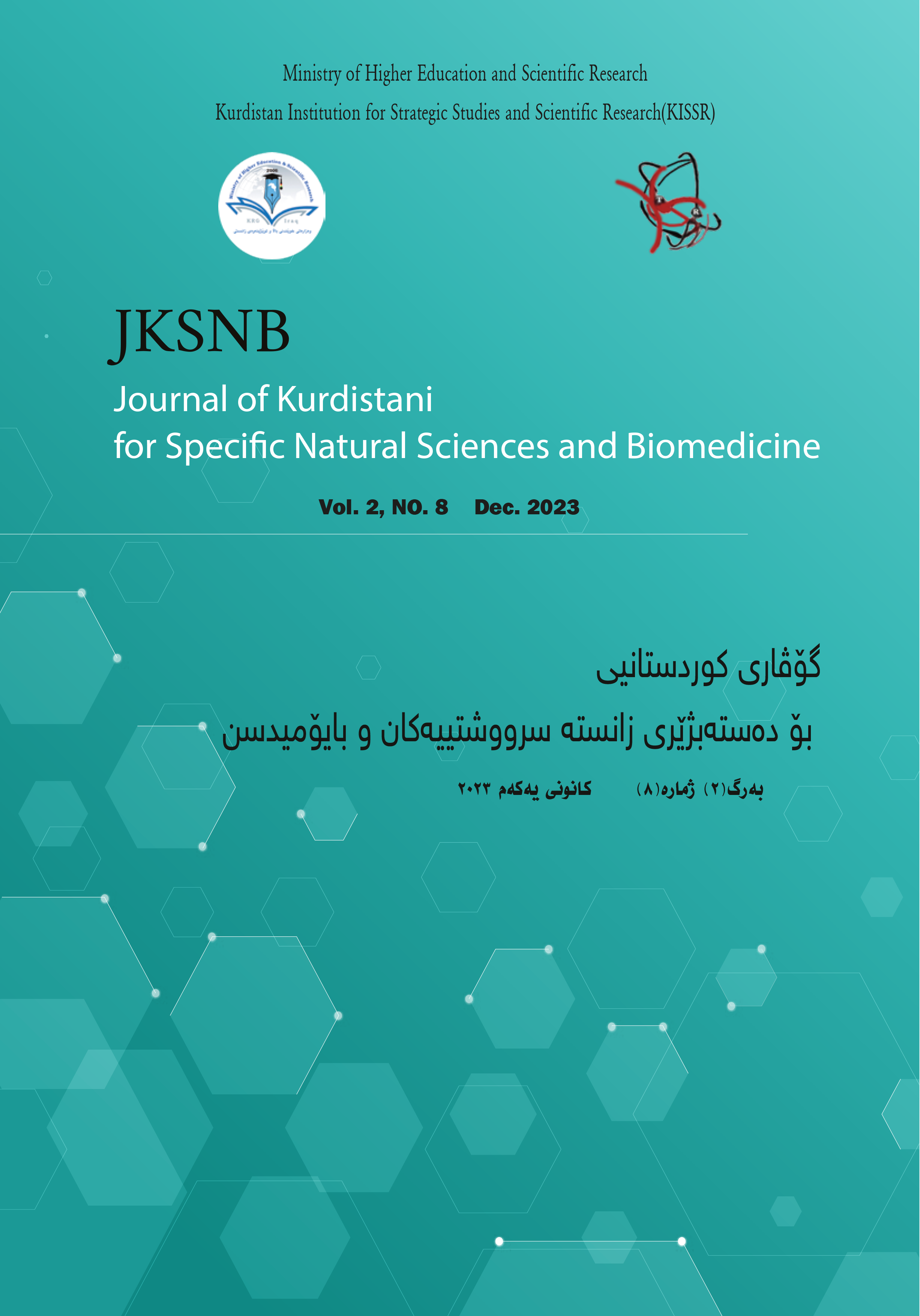The Implications of Immunotherapy in Tumor through Targeting the Immune Checkpoints Inhibitors PD-1 /PD-L1.
الكلمات المفتاحية:
Tumor، immunomodulatory treatment، the programmed cell death protein 1 (PD-1) and its ligand PD-L1.الملخص
In the last several years, immune checkpoint inhibitors (PD-1/PDL1) are currently looked at more positively to be a potential targeted treatment for cancer therapy for addressing tumor immune evasion. Specifically, checkpoint molecules such as programmed cell death protein 1 (PD-1) exhibit potent immunomodulatory properties by functioning as inhibitors of T-cell activation. Various forms of human cancer have been observed on the cell surface displaying the immune checkpoint known as programmed death-ligand 1 (PD-L1) (He et al., 2018), several kinds of cancer include kidney (Curran and Kopp, 2021), breast cancer (Erber and Hartmann, 2020), bladder (Eckstein et al., 2019), and ureter (Stenehjem et al., 2018), in addition to non-small cell lung cancer (NSCLC), (Pawelczyk et al., 2019), cancer of the pancreas (Liu et al., 2022b), esophageal cancer (Whooley et al., 2022), squamous cell carcinoma of the head and neck carcinomas (Crosta et al., 2021), and renal cell cancer (RCC) (Munhoz and Postow, 2018). Furthermore, Activated T cells are less effective at combating tumors when PD-L1 binds to its corresponding receptor, PD-1, blocking the transmission of signals designed to activate these cells. Following treatment with PD-1-PD-L1 inhibitor antibodies, there have been documented cases of tumor regression in patients with a variety of advanced cancer types. The findings of this study suggest that the presence of PD-L1 on tumor cells and other cellular elements in the tumor microenvironment has therapeutic implications. This review aims to investigate the structure and functions of the PD-1-PD-L1 axis within the framework of cancer. This study will primarily examine crucial elements including the therapies for PD-1 and PD-L1, the corresponding antibodies, and prospective innovative therapeutic strategies for future investigations. Extensive research is necessary in the coming years to determine the efficacy of immunotherapy, particularly PD-1 with PD-L1 immune checkpoint blockade, as a potential beneficial application in cancer treatment for specific cancer subtypes.







